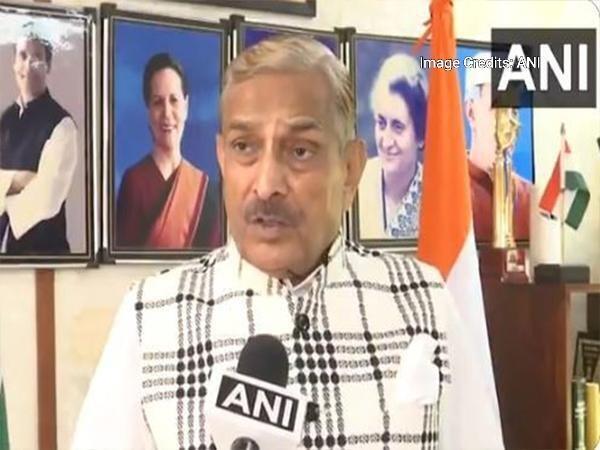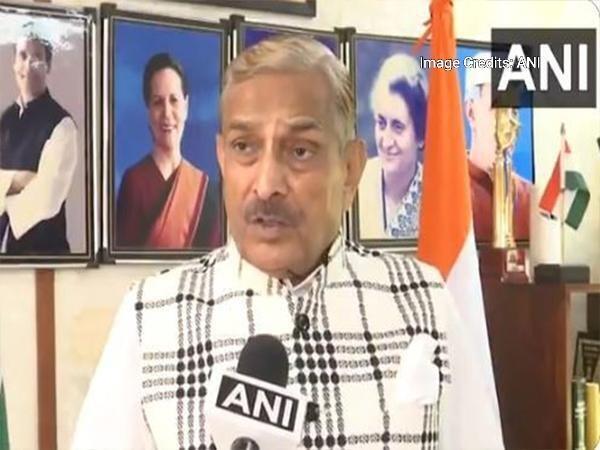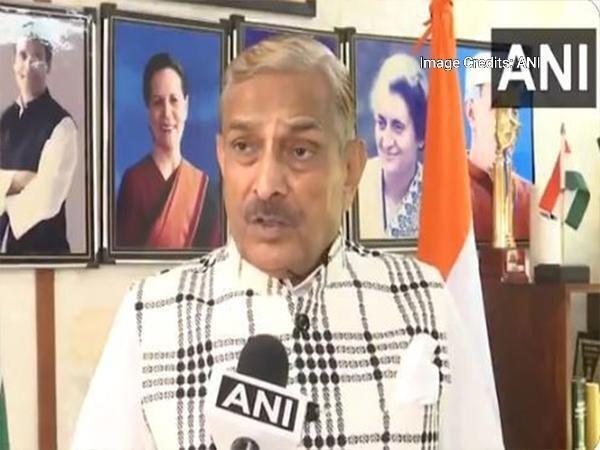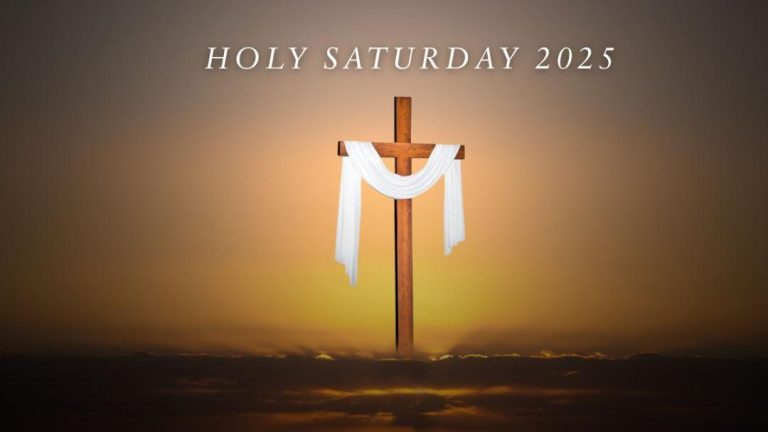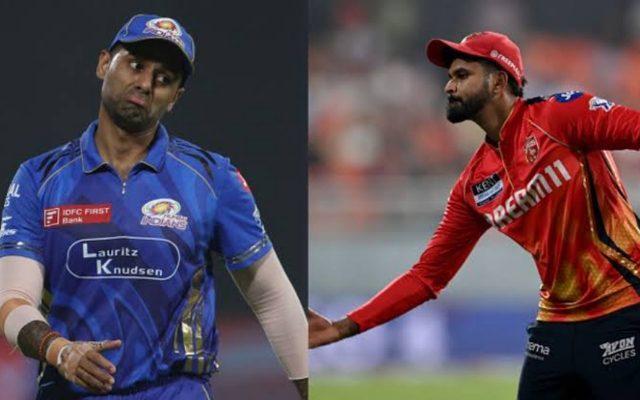
Caste Census Needed to Bring Out Truth of Inequality: Rahul Gandhi
In a recent statement, Congress leader and Leader of Opposition in Lok Sabha, Rahul Gandhi, emphasized the need for a caste census to bring out the truth of inequality and discrimination in India. Gandhi’s remarks come as a response to the ongoing debate around the possibility of conducting a caste-based census in the country.
A caste census, which would categorize individuals based on their social and economic status, has been a long-pending demand of various social and political groups, particularly those from the marginalized sections of society. The idea is to understand the extent of inequality and discrimination faced by different castes and communities, and to develop targeted policies to address these issues.
Gandhi, while speaking to the media, stated that those opposing a caste census do not want the “truth” to be revealed. He added that a caste census is an important step towards bringing out the truth of inequality and discrimination in the country. The Congress, before the 2024 Lok Sabha polls, had promised to conduct a caste census if it was voted to power.
The Congress leader’s comments have drawn a reaction from the Bharatiya Janata Party (BJP), which has been critical of the idea of a caste census. The BJP has argued that such a census would be divisive and would create social tensions.
However, Gandhi’s stance on the issue is not without merit. A caste census could be a powerful tool in addressing the systemic issues of inequality and discrimination that have plagued Indian society for centuries. By understanding the social and economic status of different castes and communities, policymakers could develop targeted interventions to address these issues.
Moreover, a caste census could help to bridge the gap between the government and the marginalized sections of society. For years, these groups have been demanding a census that takes into account their social and economic status. A caste census would be a significant step towards acknowledging their struggles and working towards a more equitable society.
In recent years, there have been several initiatives aimed at addressing caste-based discrimination and inequality. The government has established the National Commission for Backward Classes (NCBC) and the National Commission for Scheduled Castes (NCSC), which are responsible for protecting the rights of these communities.
However, despite these efforts, caste-based discrimination and inequality remain significant challenges in Indian society. A caste census could be an important step towards addressing these issues, as it would provide a comprehensive understanding of the social and economic status of different castes and communities.
Gandhi’s comments have also highlighted the need for a more nuanced understanding of the concept of equality in India. While the Constitution guarantees equality to all citizens, the reality is that many marginalized communities continue to face significant challenges in accessing basic rights and services.
A caste census could help to shed light on these issues, and provide policymakers with the data they need to develop targeted interventions. By acknowledging the reality of caste-based inequality and discrimination, India can take a significant step towards building a more just and equitable society.
In conclusion, Rahul Gandhi’s call for a caste census is a timely and necessary step towards addressing the deep-seated issues of inequality and discrimination in Indian society. While there may be concerns about the potential impact of such a census, the benefits of understanding the social and economic status of different castes and communities far outweigh the risks.
As India prepares for the 2024 Lok Sabha polls, the Congress’s promise to conduct a caste census is a significant issue that is likely to resonate with voters from marginalized sections of society. By standing up for the rights of these communities, the Congress can demonstrate its commitment to building a more just and equitable society.
Source:
